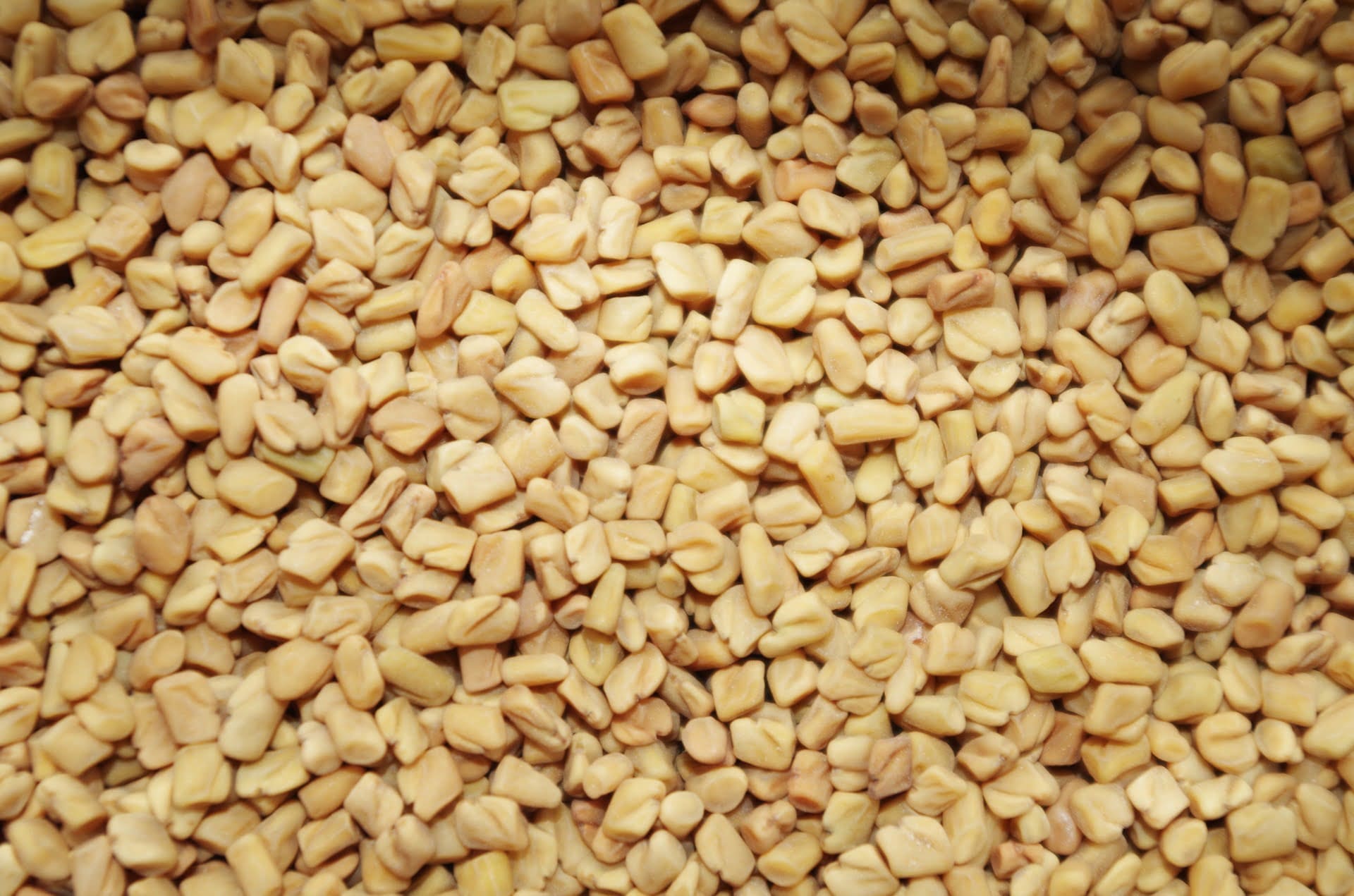Fenugreek (Trigonella foenum-graecum), a treasure of the spice world, has been cultivated for thousands of years for its culinary, medicinal, and nutritional benefits. Known for its slightly bitter, nutty flavour, fenugreek is a versatile herb used in cuisines and remedies across the globe. Let’s uncover its story, uses, and benefits.
Origins and Characteristics
Native to the Mediterranean, North Africa, and parts of Asia, fenugreek is an annual plant with trifoliate leaves and small yellow flowers. Its seeds, the most widely used part, are golden-brown, hard, and pyramid-shaped, while the leaves are popular as a fresh or dried herb.
Culinary Applications
Fenugreek is a staple in Indian, Middle Eastern, and North African cuisines:
- Indian Curries: Methi (fenugreek leaves) and the seeds are integral to spice blends like garam masala and sambar powder. They impart a rich depth to curries, dals, and pickles.
- Breads: In regions like Ethiopia, fenugreek is used in traditional flatbreads such as injera.
- Sweet Dishes: In Middle Eastern desserts, fenugreek’s earthy sweetness enhances puddings and halwa.
- Condiments: It’s a star ingredient in sauces like maple-flavoured syrups and is used in making mustard blends.
For best results, lightly toast fenugreek seeds to mellow their bitterness and enhance their aroma before grinding or adding to dishes.
Health Benefits
Fenugreek has been prized in traditional medicine for its numerous health benefits:
- Blood Sugar Regulation: Fenugreek seeds contain soluble fibre, which slows carbohydrate absorption and helps manage blood sugar levels. They’re often recommended for people with diabetes.
- Digestive Health: Known for soothing indigestion, fenugreek also promotes a healthy gut with its fibre content.
- Lactation Aid: It’s widely used as a natural remedy to boost milk production in nursing mothers due to its galactagogue properties.
- Cholesterol Reduction: Studies suggest fenugreek may help lower LDL cholesterol, promoting heart health.
- Anti-inflammatory and Antioxidant Properties: Its rich array of bioactive compounds, including saponins and flavonoids, reduces inflammation and oxidative stress.
Incorporating Fenugreek into Your Diet
Here are some simple ways to enjoy fenugreek:
- Add ground fenugreek seeds to soups, stews, or marinades for a warm, nutty flavour.
- Use fresh methi leaves in flatbreads, stir-fries, or salads.
- Brew fenugreek tea by soaking a teaspoon of seeds in hot water for a soothing drink.
- Sprinkle roasted fenugreek powder on roasted vegetables or in yoghurt dips.
Precautions
While fenugreek is generally safe, consuming it in large amounts may cause mild gastrointestinal discomfort or interfere with certain medications. Pregnant women should consult a doctor before using it, as it may stimulate uterine contractions.
A Spice for All Seasons
Fenugreek’s dual identity as a spice and herb, coupled with its impressive health benefits, makes it a standout ingredient in both the kitchen and natural medicine cabinet. Whether you’re experimenting with global flavours or seeking a health boost, fenugreek offers endless possibilities.
Do you use fenugreek in your cooking or wellness routine? Share your experiences and favourite recipes!


